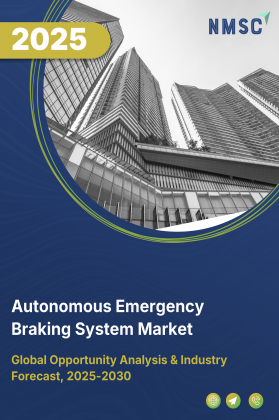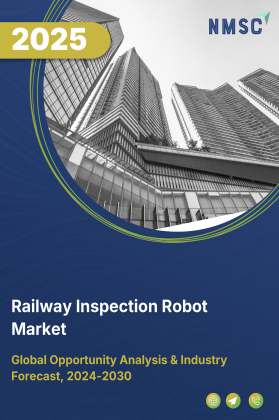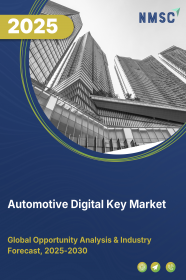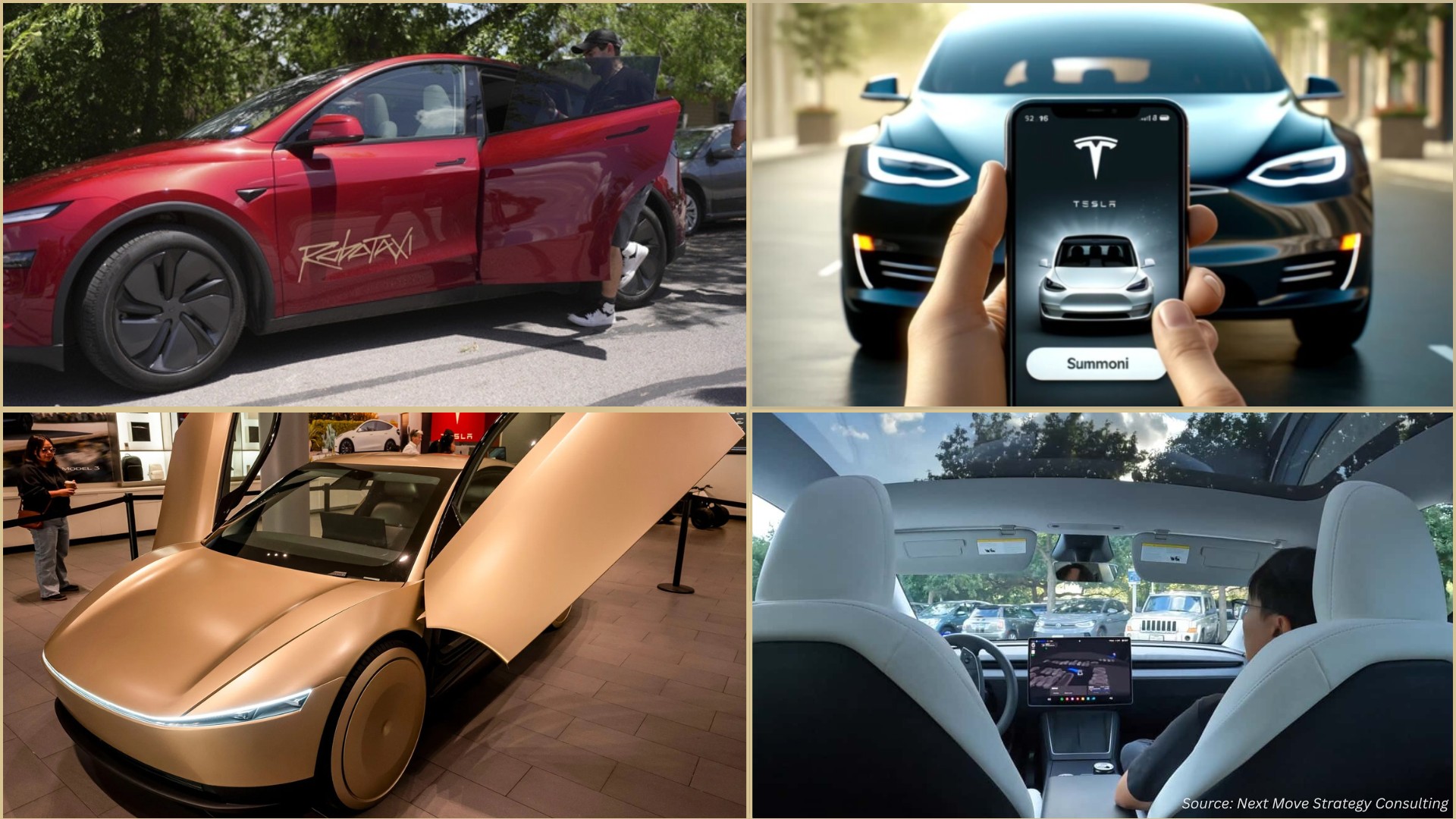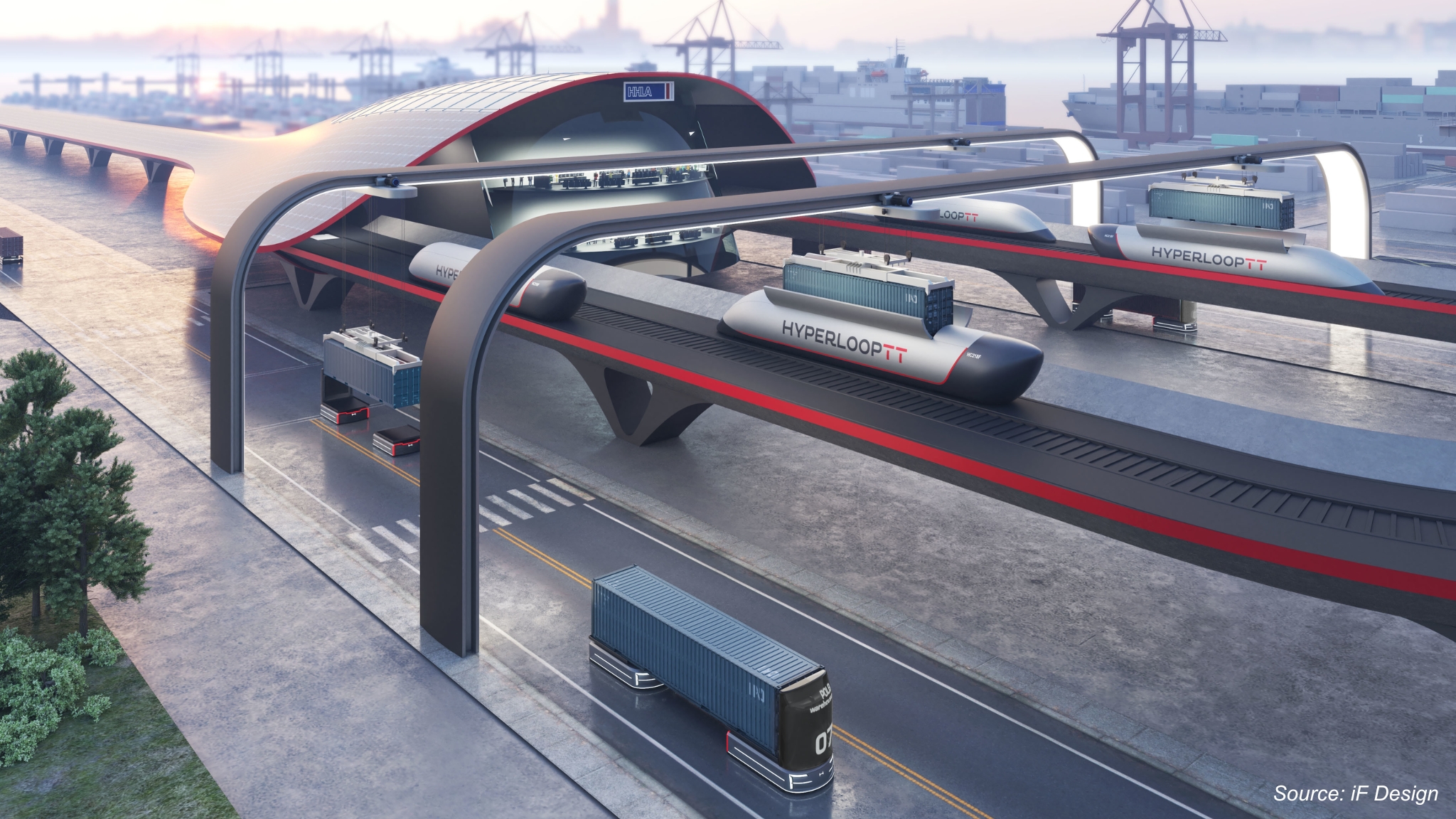
Automotive Data Monetization Market by Component (Solution, Services), By Application (Road Condition and Environment Monitoring, Vehicle Status Monitoring, Predictive Maintenance, Fleet Monitoring, Monitoring the Driver Behavior, In-Vehicle Communication (Voice Control, Voice-enabled Functions, Virtual Assis-tants), Vehicle Manufacturing, Sales & Marketing, Others) - Global Opportunity Analysis and Industry Fore-cast 2021-2030
Market Definition:
The global Automotive Data Monetization Market size was valued at USD XX million in 2020 and is predicted to reach USD XX million by 2030 with a CAGR of XX% from 2021-2030. Data Monetization concept relates to the action of using data to obtain quantifiable economic benefits. This involves the direct sale of the data collected from the vehicles, to the third party either in structured or unstructured form which can then be used to capture potential business prospects.
Generally, there are two aspects of the data monetization process such as internal data monetization and external data monetization. Internal data monetization aims to improve internal processes such as customer experience, maintenance of equipment, and marketing activities. On the other hand, external data monetization makes use of data to extend an organization’s product offering with data-driven business models, or services to create new revenue streams.
The automotive industry is undergoing massive transformation both in terms of its revenue model, as well as integration of emerging technologies such as connected cars, self-driving cars, Car-as-a-Platform, Mobility-as-a-Service, and many more. Wide adoption of such technologies and revenue models is expected to generate large amounts of data daily, which will soon transform the automobile industry into one of the largest data generators in the coming years. It is estimated that by the end of 2040, the amount of data generated by a normal vehicle will be close to 15-18 TB per year which can enable multiple opportunities for the key players operating in the market.
The concept of automotive data monetization is to develop a complete ecosystem, which would focus on the automotive data to not only improve the customer experience but also offer cost optimization benefits. Data monetization benefits an organization in multiple ways as it helps to optimize the use of data, improve the value of the products & services, and provides the ability to identify and mitigate risk, among others. Further, data monetization also reduces operating costs of the business and boosts profitability which is expected to drive the market.
Market Dynamics and Trends:
The rapid adoption of the Internet of Things (IoT) in the transportation infrastructure across the globe has created tremendous opportunities for industry participants as well as for technology service providers. For instance, companies such as IBM and Cisco have developed digital platforms, which can improve garbage pickup, automate traffic as well as street lights, and augment surveillance. For example, the installation of IoT sensors in streets can help control traffic congestion and solve environmental issues to a significant extent. IoT-enabled connected infrastructure includes car parking, toll booths, and smart street and traffic lighting network.
Autonomous vehicles which are also considered as connected vehicles can interact with intelligent street lights to facilitate the flow of traffic without any congestion. This creates a lot of data that can be streamlined to provide meaningful insights and avoid possible traffic congestion. Therefore, such growth in connected infrastructure owing to the emergence of autonomous vehicles, is expected to support the growth of the automotive data monetization market.
Also, a transition from ownership to mobility-as-a-service (MaaS) is driving the growth of the market. The transportation industry is experiencing a shift from personally owned vehicles to mobility-as-a-service (MaaS). Under MaaS, on-demand transportation service providers such as Uber and Lyft provide affordable rides to customers. Therefore, affordability and ease of availability lead to wider adoption of MaaS.
The popularity of MaaS is expected to drive the market for autonomous vehicles in the future. The high cost of autonomous vehicles is projected to deter consumers from immediately purchasing personally owned autonomous vehicles. However, the introduction of autonomous vehicles as an on-demand service, is expected to attract consumers to use this service as it would save both cost and time. The adoption of MaaS and Autonomous vehicles will foster the growth of the automotive data monetization market.
However, data management challenges are expected to hamper the growth of the market. As connected/autonomous vehicles interact with other intelligent transportation systems, which generate large amount of data, therefore needs a proper data storage and processing system. The challenge is not the lack of data, but analyzing and structuring the data to derive meaningful conclusions, and effectively prioritize autonomous vehicle data requirements which would lead to operationalizing specific autonomous use cases.
Market Segmentations and Scope of the Study:
The automotive data monetization market is segmented on the basis of component, application, end-user, and geography. On the basis of component, the market is divided into solutions and services. On the basis of application, the market is classified into road condition & environment monitoring, vehicle status monitoring, predictive maintenance, fleet monitoring, monitoring the driver behavior, in-vehicle communication (voice control, voice-enabled functions, virtual assistants), vehicle manufacturing, sales & marketing, others. By end-user, the market is divided into automotive, insurance companies, fleet management companies, mobility operators, advertising companies, and others. Further, automotive, insurance companies, fleet management companies, mobility operators, advertising companies, and others are the various end users studied in the report. Geographic breakdown and analysis of each of the aforesaid segments includes regions comprising of North America, Europe, Asia-Pacific, and RoW.
Geographical Analysis:
North America holds the lion share of automotive data monetization market at present. This is attributed to factors such as high penetration of the autonomous as well as connected vehicles in the region. This revenue growth is also attributed to the factors such as rise in vehicle safety norms, and higher integration of IoT in the automobile industry. Also, presence of major key players such as Tesla, Continental AG, IBM Corporation, and others is expected to boost the market growth in near future.
However, Europe is expected to show a steady rise in the automotive data monetization market due to rapid adoption of connected vehicles in the automotive industry in this region. Moreover, rise in disposable income and government subsidies to promote the growth of the electric and connected vehicles coupled with the consumer awareness towards vehicle safety are expected to drive the automotive data monetization market growth in this region.
Competitive Landscape:
The automotive data monetization market is comprising of various market players such as Continental AG, Caruso GmbH, Xevo Inc., Microsoft Corporation, Oracle Corporation, The Floow Limited, IBM Corporation, Infosys, SAP SE and Geotab Inc..
Other players operating in this market include Otonomo, Xevo, Amazon Web Services, Inc., Vinli Inc, SMARTO (CarAlgo), Caruso GmbH and others. These market players are adopting various collaboration strategies and product launches across various regions to maintain their dominance in the automotive data monetization market. For instance, in December 01, 2020, Amazon web services have signed a strategic partnership with BlackBerry in order to speed up the innovation with new intelligent vehicle data platform called “IVY”.
IVY is a cloud-connected, scalable, software platform, which allows vehicle manufacturers to provide a consistent and secure medium to read vehicle data generated from the embedded sensors. This collected data is then used to draft actionable insights regarding the vehicle. Moreover, in May 2020, Ford motor have also launched over-the-air update to make remote updates to its cars as well as trucks which is expected to drive automotive data monetization market.
Key Market Segments:
By Data Type
-
Vehicle Data
-
Telematics Data
-
Vehicle Performance Data
-
Maintenance Data
-
-
Customer Data
-
Driver Behavior Data
-
Location Data
-
Usage Data
-
By Vehicle Type
-
Passenger Cars
-
Light Commercial Vehicles (LCVs)
-
Heavy Commercial Vehicles (HCVs)
-
Electric Vehicles (EVs)
By Application
-
Usage-Based Insurance (UBI)
-
Predictive Maintenance
-
Fleet Management
-
Infotainment & Navigation
-
Safety & Security Services
-
Remote Diagnostics
-
EV Charging and Energy Management
By End-User
-
Original Equipment Manufacturers (OEMs)
-
Insurance Companies
-
Fleet Operators
-
Mobility Service Providers
-
Third-Party Service Providers
-
Others
By Geography
-
North America
-
The U.S.
-
Canada
-
Mexico
-
-
Europe
-
UK
-
Italy
-
Germany
-
Spain
-
Netherlands
-
Rest of Europe
-
-
Asia-Pacific
-
China
-
Japan
-
India
-
Australia
-
South Korea
-
Taiwan
-
Vietnam
-
Rest of Asia Pacific
-
-
RoW
-
Latin America
-
Middle East
-
Africa
-
Key Players
-
Continental AG
-
Caruso GmbH
-
Xevo Inc.
-
Microsoft Corporation
-
Oracle Corporation
-
The Floow Limited
-
IBM Corporation
-
Infosys
-
SAP SE
-
Geotab Inc.
|
Parameters |
Details |
|
Analysis Period |
2020–2030 |
|
Base Year Considered |
2020 |
|
Forecast Period |
2021–2030 |
|
Market Size Estimation |
Million (USD) |
|
Market Segmentation |
By Component (Solution, Services), By Ap-plication (Road Condition and Environment Monitoring, Vehicle Status Monitoring, Predictive Maintenance, Fleet Monitoring, Monitoring the Driver Behavior, In-Vehicle Communication (Voice Control, Voice-enabled Functions, Virtual Assis-tants), Vehicle Manufacturing, Sales & Marketing, Others), By End-User (Automo-tive, Insurance Companies, Fleet Management Companies, Mobility Operators, Advertising Companies, Others) |
|
Geographical Segmentation |
North America (U.S., Canada, Mexico) Europe (UK, Italy, Germany, Spain, Netherlands, Rest of Europe) Asia-Pacific (China, Japan, India, Australia, South Korea, Taiwan, Vietnam, Rest of Asia Pacific) RoW (Latin America, Middle East, Africa) |
|
Companies Profiled |
Continental AG, IBM Corporation, Tesla, Wejo limited, Caruso GmbH, Tech Mahindra Limited, Harman International, Microsoft Corporation, Oracle, and The Floow Limited. |

















 Speak to Our Analyst
Speak to Our Analyst



